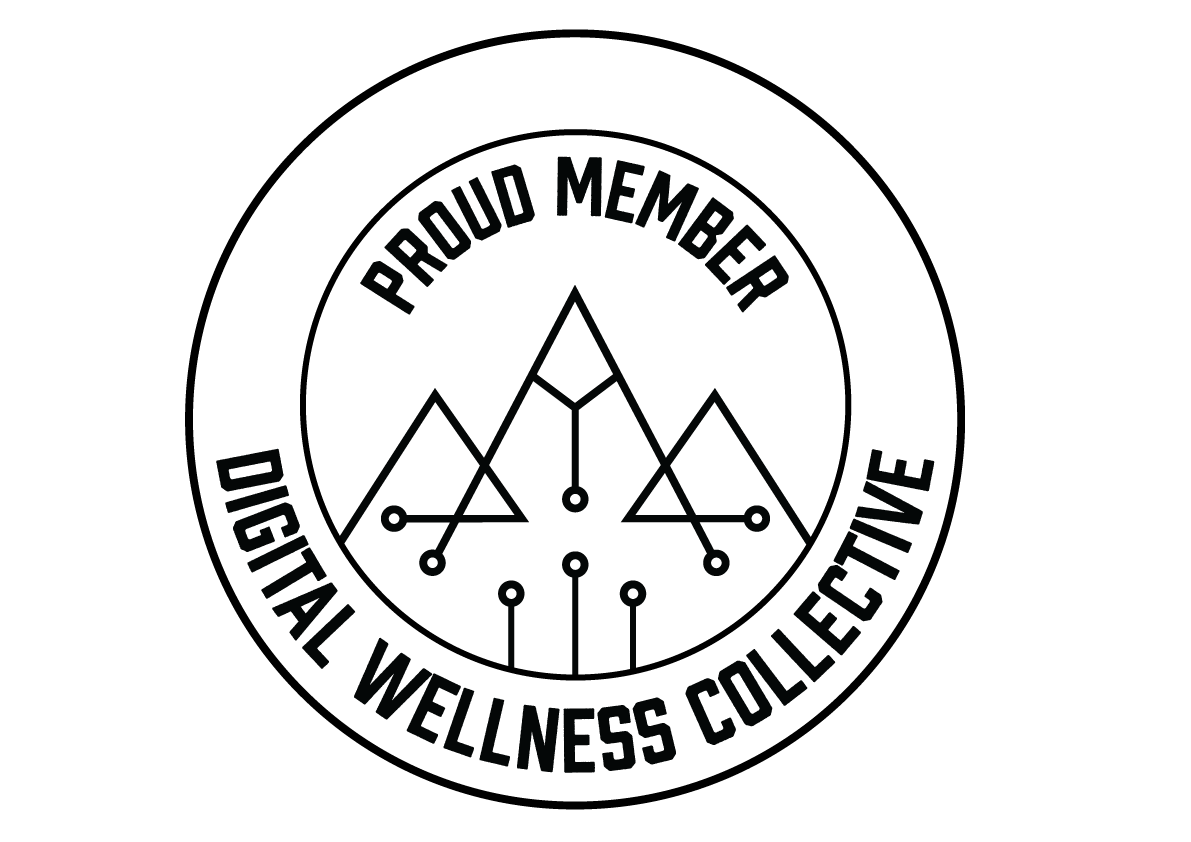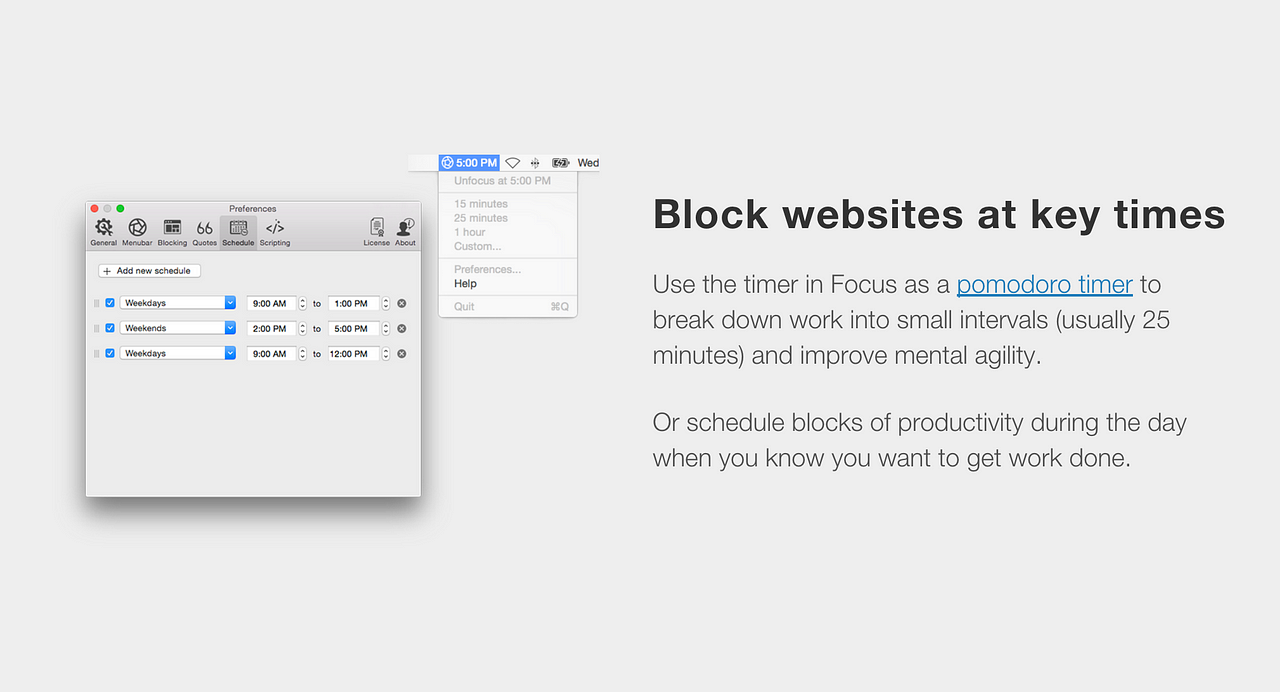

The Shallows: What the Internet Is Doing to Our Brains “In sum,” concluded the researchers, “simple and brief interactions with nature can produce marked increases in cognitive control.” Spending time in the natural world seems to be of “vital importance” to “effective cognitive functioning.” The people who looked at pictures of nature scenes were able to exert substantially stronger control over their attention, while those who looked at city scenes showed no improvement in their attentiveness. Rather than taking walks between the rounds of testing, these subjects simply looked at photographs of either calm rural scenes or busy urban ones.

The researchers then conducted a similar experiment with another set of people. Walking in the city, by contrast, led to no improvement in test results.

Spending time in the park, the researchers found, “significantly improved” people’s performance on the cognitive tests, indicating a substantial increase in attentiveness. Both groups then took the tests a second time. Half of them spent about an hour walking through a secluded woodland park, and the other half spent an equal amount of time walking along busy down town streets. The subjects were then divided into two groups. A team of University of Michigan researchers, led by psychologist Marc Berman, recruited some three dozen people and subjected them to a rigorous, and mentally fatiguing, series of tests designed to measure the capacity of their working memory and their ability to exert top-down control over their attention. “The results of the most recent such study were published in Psychological Science at the end of 2008. The Shallows: What the Internet is Doing to Our Brains As our use of the Web makes it harder for us to lock information into our biological memory, we’re forced to rely more and more on the Net’s capacious and easily searchable artificial memory, even if it makes us shallower thinkers.” Our growing dependence on the Web’s information stores may in fact be the product of a self-perpetuating, self-amplifying loop. Our brains become adept at forgetting, inept at remembering. That helps explain why many of us find it hard to concentrate even when we’re away from our computers. And, thanks once again to the plasticity of our neuronal pathways, the more we use the Web, the more we train our brain to be distracted-to process information very quickly and very efficiently but without sustained attention. The process of memory consolidation can’t even get started. It's time to discover how to get undistracted in all aspects of your life.“The influx of competing messages that we receive whenever we go online not only overloads our working memory it makes it much harder for our frontal lobes to concentrate our attention on any one thing. An individual access code to stream all five video sessions online (you don’t need to buy a DVD!).ĭistractions can get you stuck in the past, worried about the present, and frazzled by any future you could possibly fret over.The study guide itself-with discussion and reflection questions, video notes, and a leader's guide.This study guide has everything you need for a full Bible study experience, including: Start living a less-distracted and more joy-filled and love-oriented life.Eliminate them so that you can recharge and refocus on your God-given purpose.Identify the distractions in your life.

They can disrupt our focus on what really matters, interfere with our true priorities, and divert our attention from the God who created us for his good purpose.īestselling author of Love Does Bob Goff has created this video Bible study (streaming code included) to give you guidance in and joyful permission to: You have permission to eliminate distractions! You have permission to live a more fulfilling life!ĭistractions cause more harm than you might think.


 0 kommentar(er)
0 kommentar(er)
